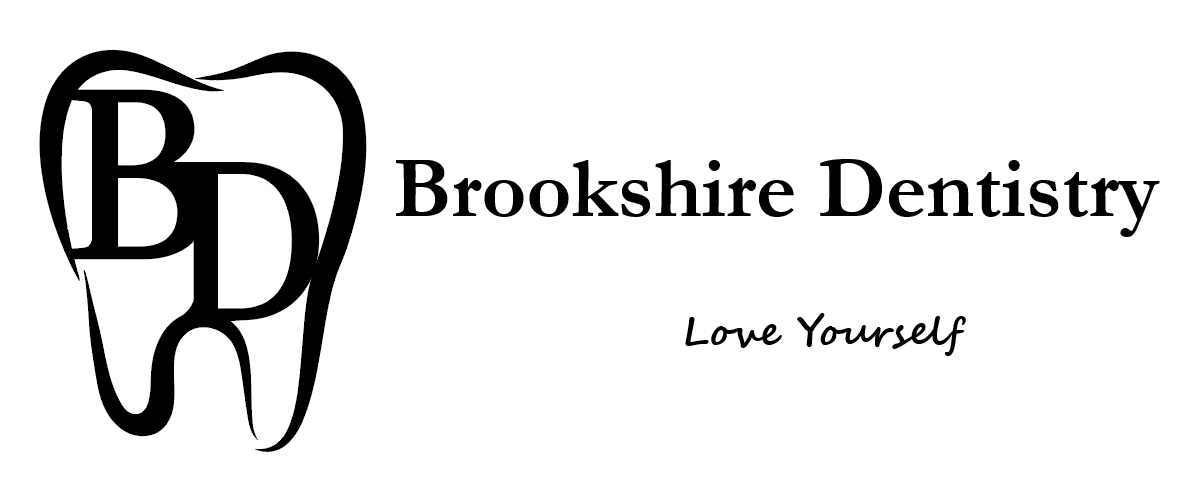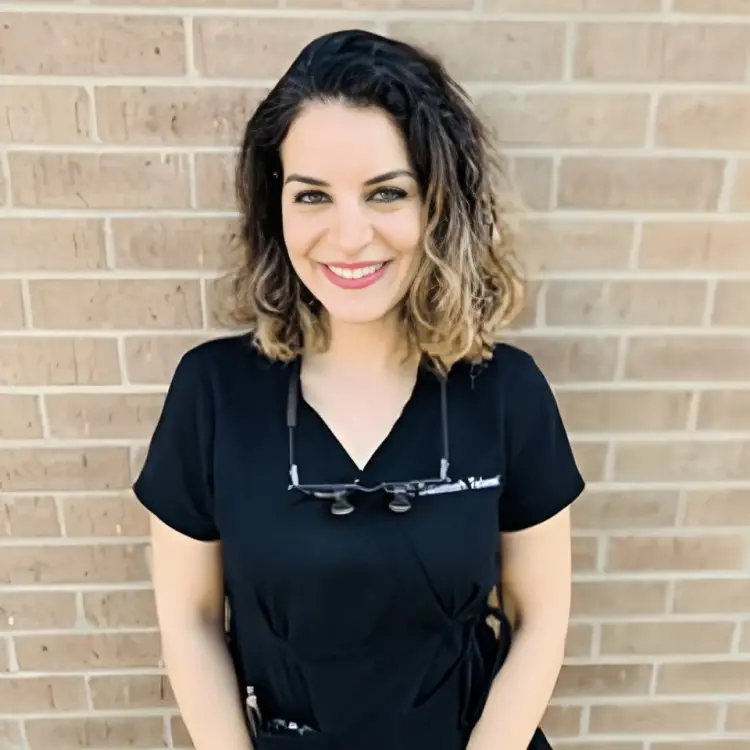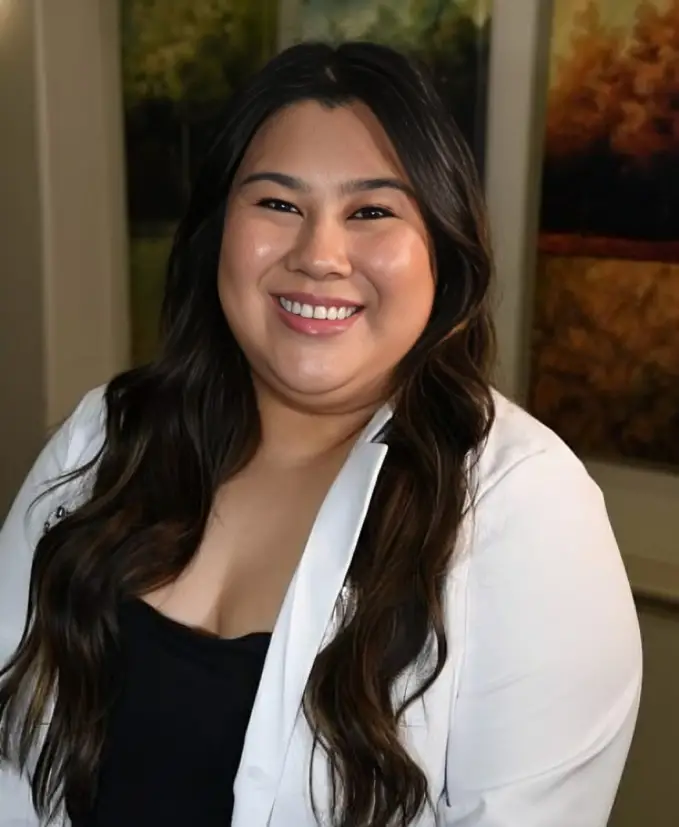Dental Anxiety
Dental anxiety is a common issue that affects many people, making visits to the dentist a stressful experience. Whether it's due to past traumatic experiences, fear of pain, or simply the unknown, dental anxiety can prevent individuals from seeking necessary dental care. At Brookshire Dentistry, located at 1801 Precinct Line Rd., Suite A, Hurst, TX, Dr. Salomeh Tehrani, DDS, MPH, and our team are dedicated to helping patients overcome their fears and receive the dental care they need in a comfortable and supportive environment. This comprehensive guide will explore what dental anxiety is, its causes, and effective strategies for managing it.
What is Dental Anxiety?
Dental anxiety, also known as dental fear or dental phobia, is characterized by a feeling of unease, nervousness, or fear about visiting the dentist or undergoing dental procedures. This anxiety can range from mild apprehension to severe panic attacks and can significantly impact a person's willingness to seek dental care.
Causes of Dental Anxiety
Understanding the root causes of dental anxiety can help in addressing and managing it effectively. Common causes include:
- Past Negative Experiences: Traumatic or painful experiences in the past, such as a difficult dental procedure or an unempathetic dentist, can lead to lasting fear and anxiety.
- Fear of Pain: Many individuals worry about experiencing pain during dental procedures, even though modern dentistry has made significant advances in pain management.
- Fear of the Unknown: Uncertainty about what to expect during a dental visit can cause anxiety. This includes worries about the procedure, the potential for complications, or the outcome of treatment.
- Fear of Loss of Control: Some patients feel anxious about being in a vulnerable position and having limited control over their environment during a dental procedure.
- Embarrassment or Self-Consciousness: Concerns about the appearance of their teeth or bad breath can make patients feel embarrassed or self-conscious, adding to their anxiety.
- Gag Reflex or Sensory Sensitivity: A sensitive gag reflex or heightened sensitivity to sensory stimuli can contribute to dental anxiety.
Signs and Symptoms of Dental Anxiety
Dental anxiety can manifest in various ways, both physically and emotionally. Common signs and symptoms include:
- Physical Symptoms: These may include sweating, rapid heartbeat, trembling, dizziness, or nausea. Some individuals may experience headaches or muscle tension as well.
- Emotional Symptoms: Feelings of fear, dread, or panic before or during a dental visit are common. Patients may also experience avoidance behavior, such as canceling or rescheduling appointments.
- Behavioral Symptoms: Actions such as fidgeting, biting nails, or withdrawing from conversation during a dental visit can indicate anxiety. Some patients may become irritable or excessively quiet.
Strategies for Managing Dental Anxiety
There are several effective strategies for managing dental anxiety, ranging from psychological techniques to practical approaches. Here’s how you can cope with dental anxiety and make your dental visits more comfortable:
Communicate with Your Dentist
Open communication with Dr. Salomeh Tehrani and our team at Brookshire Dentistry is key. Let us know about your fears and concerns so we can tailor our approach to meet your needs. We can explain procedures in detail, answer your questions, and ensure you feel informed and comfortable.
Use Relaxation Techniques
Practicing relaxation techniques can help calm your nerves before and during your dental visit. Techniques such as deep breathing, progressive muscle relaxation, or visualization can be effective. Try taking slow, deep breaths, focusing on calming imagery, or progressively relaxing different muscle groups.
Consider Sedation Dentistry
Sedation dentistry offers various options to help patients feel more relaxed and comfortable during procedures. The types of sedation include:
- Nitrous Oxide (Laughing Gas): This is a mild form of sedation that helps patients feel relaxed and at ease. It wears off quickly, allowing patients to return to their normal activities shortly after the procedure.
- Oral Sedation: Oral sedatives are taken in pill form before the appointment, providing a deeper level of relaxation. Patients may feel drowsy but can remain conscious and responsive.
- IV Sedation: Intravenous (IV) sedation provides a deeper level of sedation and is often used for more complex procedures. It helps patients feel relaxed, but it may cause them to have little to no memory of the procedure.
- General Anesthesia: In some cases, general anesthesia may be used to induce a state of deep sleep during the procedure. This is typically reserved for more extensive treatments or for patients with severe anxiety.
Create a Comfortable Environment
At Brookshire Dentistry, we strive to create a calming and welcoming environment. You can also take steps to make your visit more comfortable, such as:
- Bring a Friend or Family Member: Having a supportive person accompany you can provide reassurance and reduce anxiety.
- Listen to Music: Bringing headphones and listening to calming or favorite music can help distract you and create a more pleasant experience.
- Request a Shorter Appointment: If possible, schedule shorter appointments to gradually build comfort with the dental process.
Establish a Routine
Establishing a routine with regular dental visits can help reduce anxiety over time. Familiarity with the office environment and the dental team can make each visit more predictable and less intimidating.
Seek Professional Help
If your dental anxiety is severe or persistent, consider seeking help from a mental health professional. Cognitive-behavioral therapy (CBT) and other therapeutic approaches can be effective in addressing underlying fears and anxieties.
Preparing for Your Dental Visit
Preparation can help ease anxiety and ensure a smoother dental experience:
- Plan Ahead: Arrange your appointment at a time when you are less likely to feel rushed or stressed. Ensure you have enough time to get to the office and complete the visit without feeling hurried.
- Review Your Appointment Details: Knowing what to expect can reduce uncertainty. Ask about the procedure, estimated time, and any pre-appointment instructions.
- Practice Relaxation Techniques: Use relaxation techniques before your appointment to help manage your anxiety. You can practice deep breathing or listen to calming music on your way to the office.
- Ask Questions: Don’t hesitate to ask questions about the procedure or any concerns you have. Understanding the steps involved and the reasons for them can help alleviate fear.
After the Appointment
Following your appointment, take steps to support your well-being and reinforce positive experiences:
- Reflect on the Experience: Take a moment to reflect on how the appointment went. Recognize any positive aspects and remind yourself of the steps you took to manage your anxiety.
- Reward Yourself: Treat yourself to something enjoyable after the appointment, such as a favorite activity or a relaxing treat. Positive reinforcement can help build confidence for future visits.
- Maintain Regular Visits: Continue to schedule regular dental visits to maintain good oral health and reinforce a positive relationship with dental care.
Conclusion
Dental anxiety is a common challenge, but it should not prevent you from receiving the care you need. At Brookshire Dentistry, Dr. Salomeh Tehrani, DDS, MPH, and our dedicated team are here to help you overcome your fears and ensure a comfortable dental experience. By communicating openly, utilizing relaxation techniques, considering sedation options, and preparing for your visits, you can manage dental anxiety effectively and take charge of your oral health.
If you have any questions about dental anxiety or would like to discuss your concerns with us, please contact our office at (817) 577-9200. We are committed to providing compassionate care and helping you achieve a healthy, beautiful smile.
Office Hours
MON8:00 am - 5:00 pm
TUE8:00 am - 5:00 pm
WED8:00 am - 5:00 pm
THU8:00 am - 5:00 pm
FRI8:00 am - 4:00 pm
SATClosed
SUNClosed



